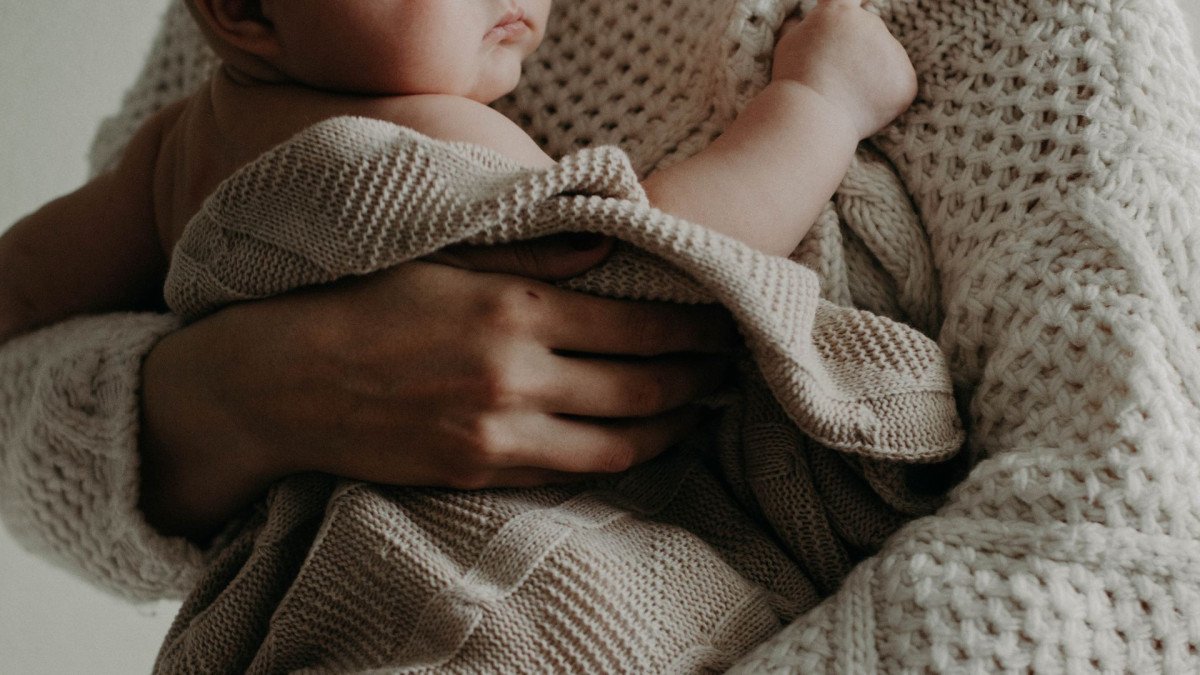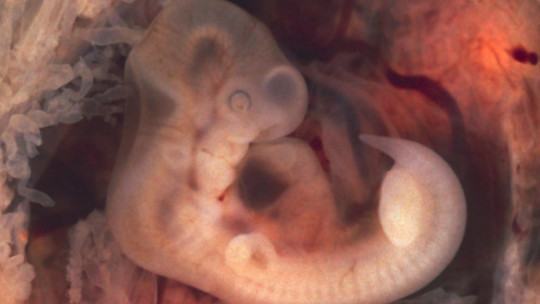
Sleep is vitally important for child development Not only because the body needs rest, but rather because during this time crucial metabolic processes occur such as childhood growth, body weight regulation and cognitive development. Therefore, it is normal that one of the biggest concerns for all parents is their baby’s sleep, and seeing that the little one is not resting as he should, distresses many.
Each baby is different, therefore, there are many reasons why a newborn may sleep little. Before delving into the article, we would like to clarify that each child will acquire sleeping habits at a given time, some after a few months and others almost at two years of age. It is not a reason to judge yourself as a parent, it simply means that above all we must be patient and understanding.
In this regard, It is important to know the sleep patterns of a newborn, since the answer to all questions can be hidden there Therefore, in today’s article, we will talk about babies’ sleep patterns, and of course, we will analyze what parents or primary caregivers can do to help them fall asleep. Keep reading to find out.
Sleep patterns of a newborn
It is often difficult for new parents to know how long and how often their newborn should sleep. The first weeks of your baby’s life are a period of adaptation, therefore, it is common for them not to have an established schedule and many confuse day with night, thinking that they should be awake at night and sleep during the day.
It’s too early to expect regular sleep patterns, so it’s crucial to pay attention to your baby’s cues. As a general rule, Newborns sleep approximately eight to nine hours during the day and approximately eight hours at night Most babies do not sleep through the night until they are three months old.
However, as we discussed above, this varies considerably and some babies do not sleep through the night until they are almost a year old. What is clear is that as they grow, their body needs less and less time to recover energy and the hours of sleep are naturally reduced.

Newborns wake up many times
Anyone who has a newborn around them will have noticed how many times they wake up. It is normal. In fact, during the first months, the baby will fall asleep and wake up at any time of the day and of course, at night. Young babies have a small stomach and must wake up every few hours to eat.
In most cases, your baby will wake up to feed about every three hours However, how often you eat will depend on what your food is and your age. As parents or primary caregivers, it is extremely important to watch for sudden changes in your newborn’s sleeping habits, as these could be a sign of illness or a sudden increase in hunger due to a growth spurt.
What are the different alert phases of a newborn?
It is curious that newborns have different degrees of alertness while they are awake. When a newborn wakes up at the end of a sleep cycle, we speak of a calm alert phase. At this time, the baby remains very calm, but awake and attentive to the environment. During the period of quiet alertness, infants may observe or gaze at objects and respond to sounds and movements.
This phase usually progresses to the active alert phase, in which the baby is attentive to what he hears and sees, and actively moves. After this phase, a crying phase follows. The baby’s body moves without direction and he or she may cry vigorously Babies can easily become overstimulated during this crying phase.
To calm him, it is recommended to hold him in your arms or wrap him in a blanket. Likewise, it is best to feed babies before they enter the crying phase. During the crying phase, the baby may feel very upset and refuse the breast or bottle.
Why does a baby sleep less than normal?
There can be many reasons why a newborn sleeps less than normal. Therefore, below we list some causes:
1. Frequent feedings during the day
Many parents or primary caregivers consider that every time the baby cries, they should be fed, therefore, they breastfeed many times throughout the day. The problem is that the baby’s body adapts to being fed continuously and being close to its mother on a regular basis so when night comes it is difficult for them to sleep straight and they usually wake up several times to ask for food and to be in their mother’s arms.
2. Very long daytime naps
Most babies sleep many hours throughout the day, but as they grow, naps become shorter and shorter while nighttime sleep lengthens. However, if the baby takes too long naps during the day, it is normal that when night comes she is hardly sleepy. In these cases, it is common for the baby to have trouble falling asleep or wake up several times throughout the night.
3. Uncomfortable sleeping posture
There are babies who need to find their favorite position to rest well. In these cases, it is common that if the baby is in an uncomfortable position she cannot fall asleep and/or wakes up several times a night because she cannot sleep well. Something as simple as putting a pillow or blanket could solve this problem
4. Be a high demand baby
This term refers to those newborns who are characterized as very active children who need continuous stimulation and, consequently, sleep little throughout the day. They generally take very short naps, 15 to 30 minutes, and at night they require a few hours of sleep to replenish their energy, so they may take a while to fall asleep or wake up several times in search of attention. In short, they only sleep when they are very exhausted.
5. Ongoing illness
Another of the most common and basic causes for a baby to sleep less than normal is that he or she is sick Whether a chronic, temporary or even incubating illness, symptoms of generalized discomfort or specific discomfort can keep a baby from sleeping.
6. Emotional disturbances
Anxiety, irritation or fear are some of the most common emotional states that influence children’s sleep. In fact, if the baby is restless it will be difficult for him to fall asleep and, if he does, it is likely that he will wake up several times a night or not have a deep sleep.









